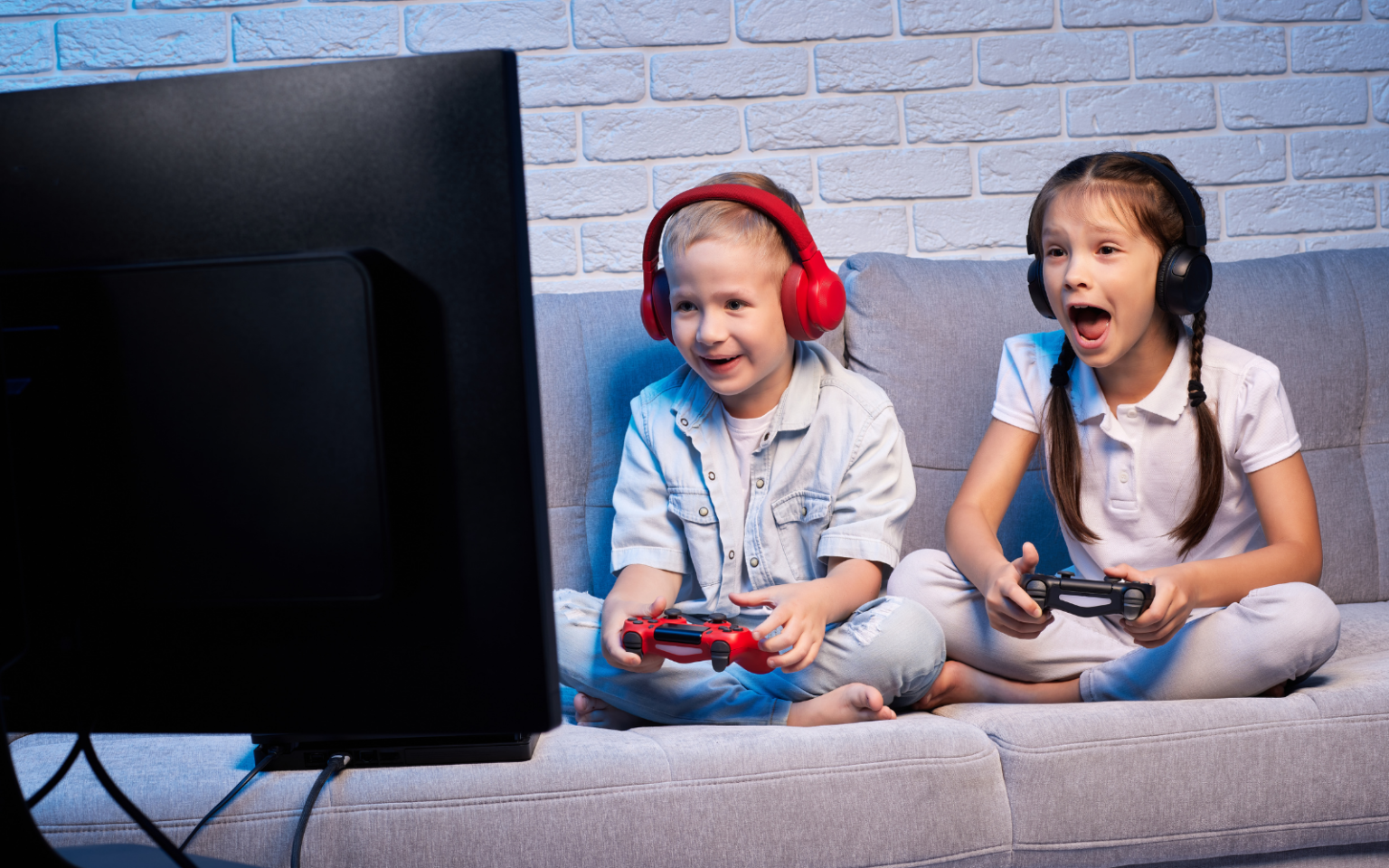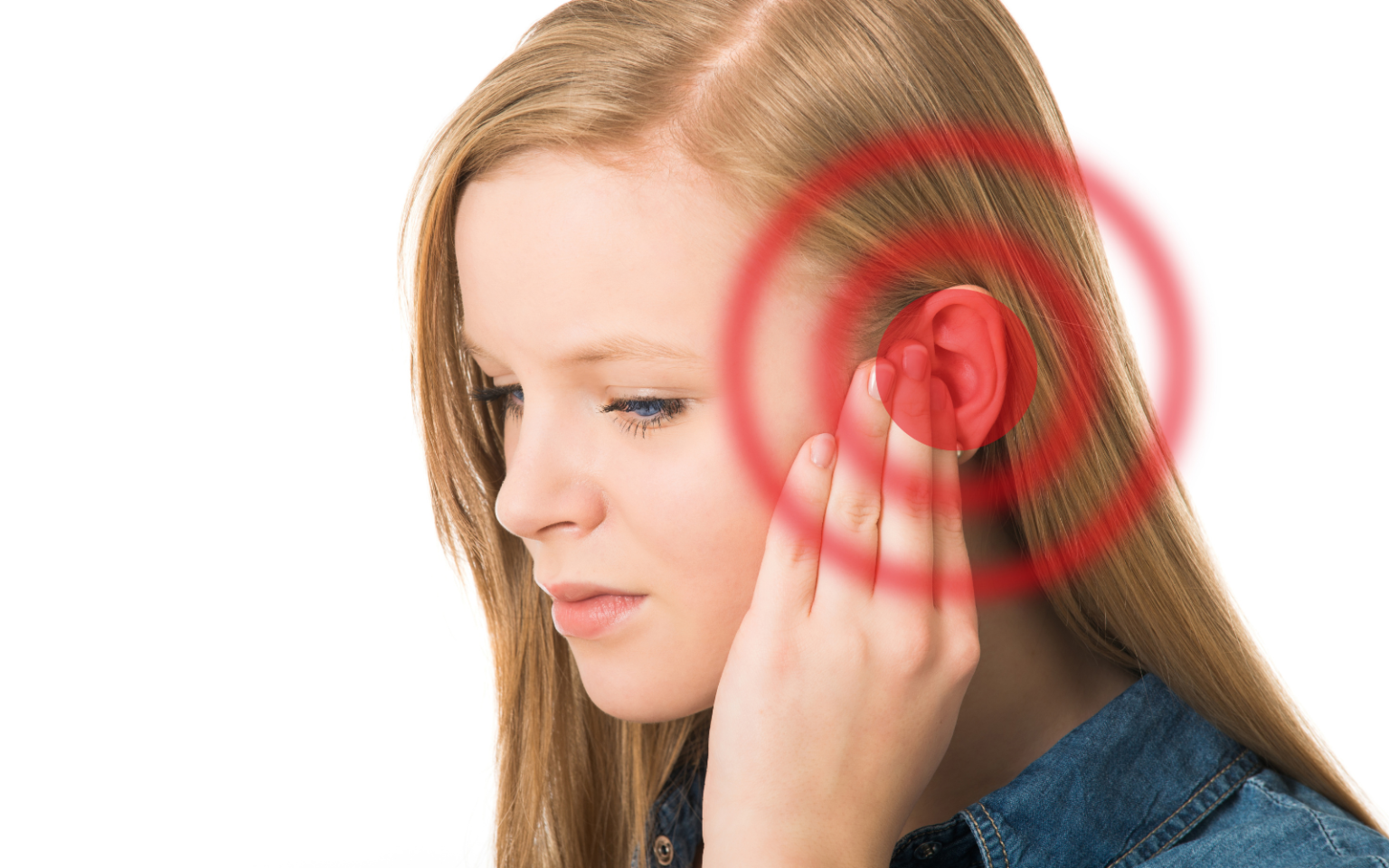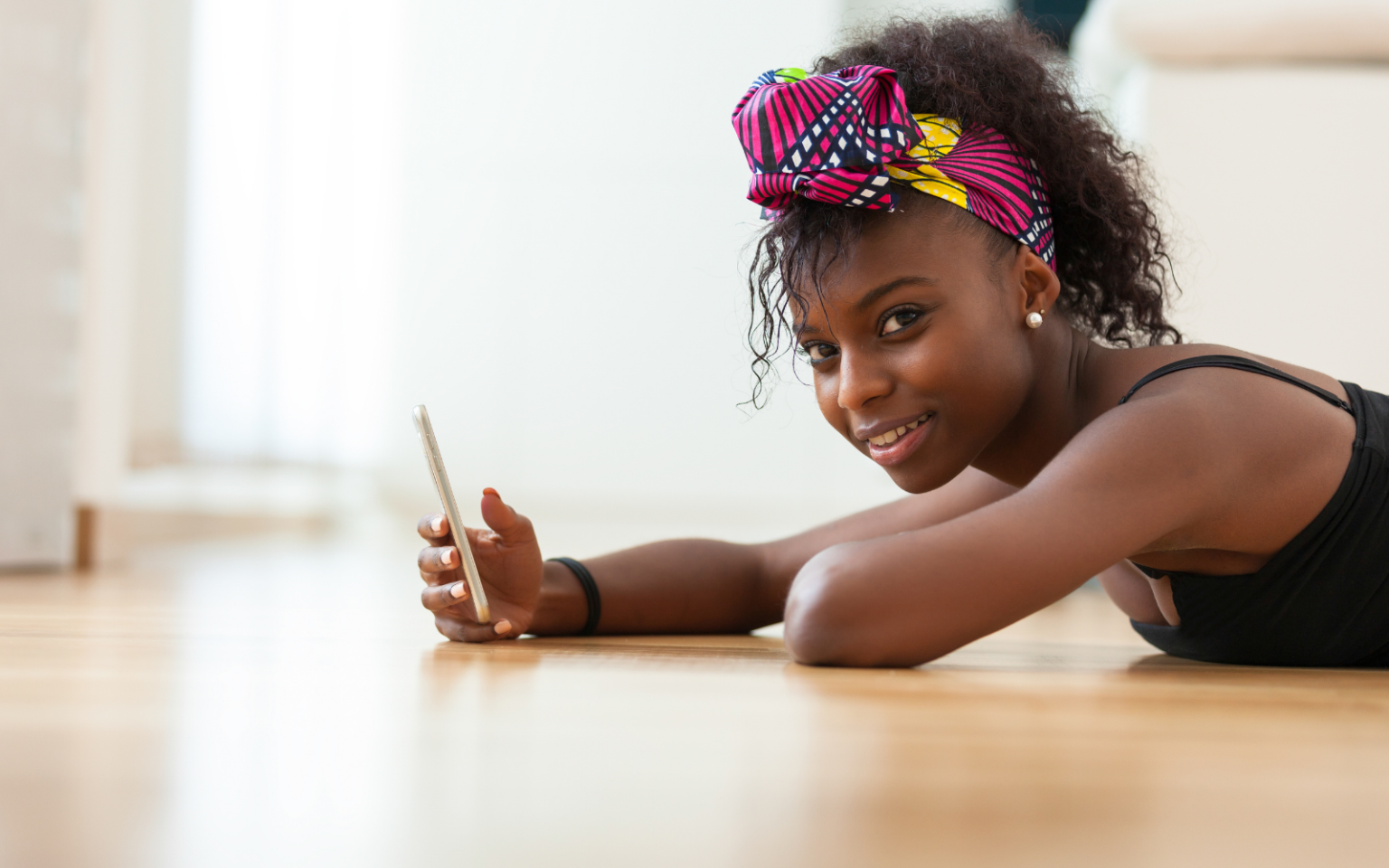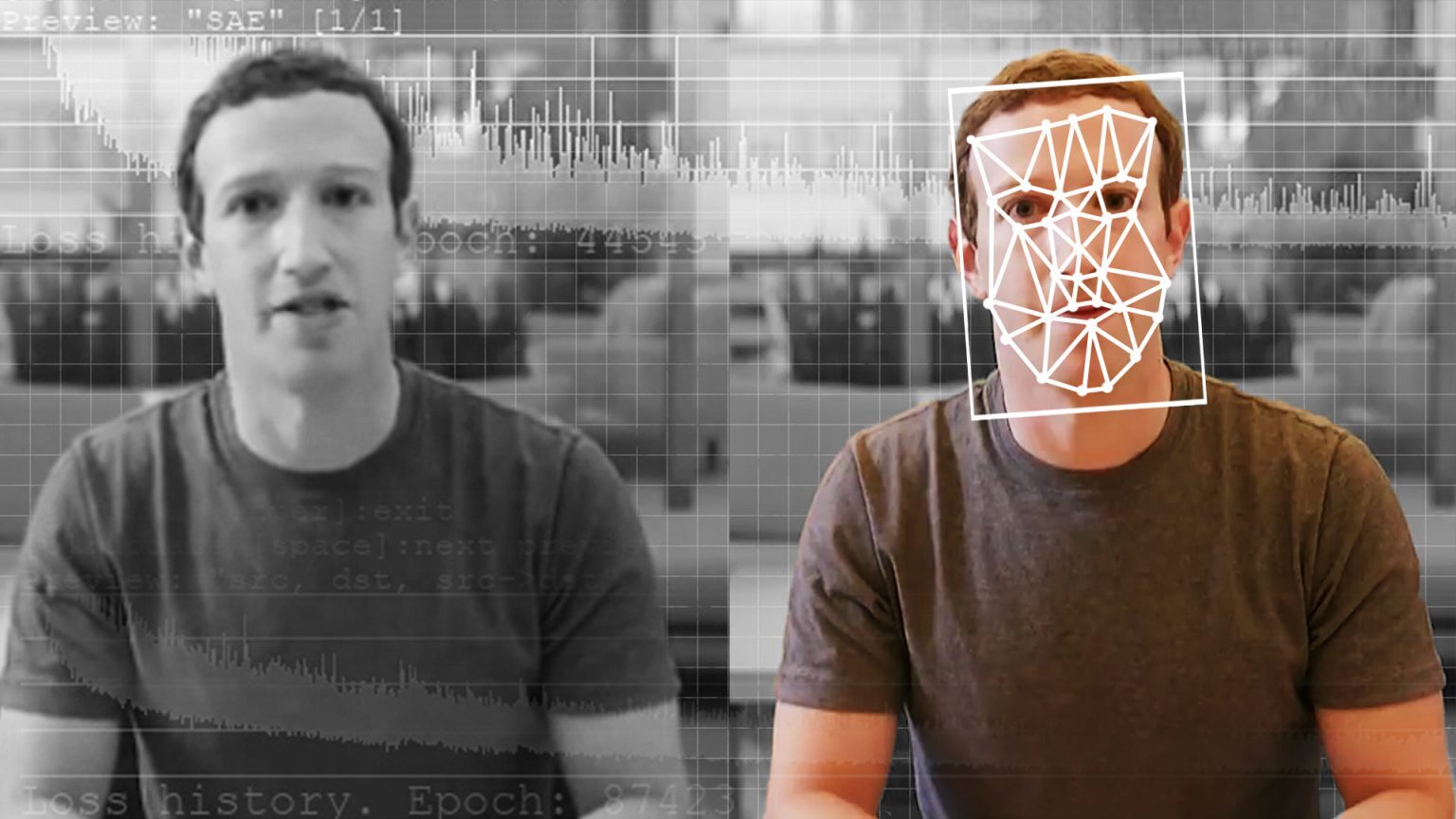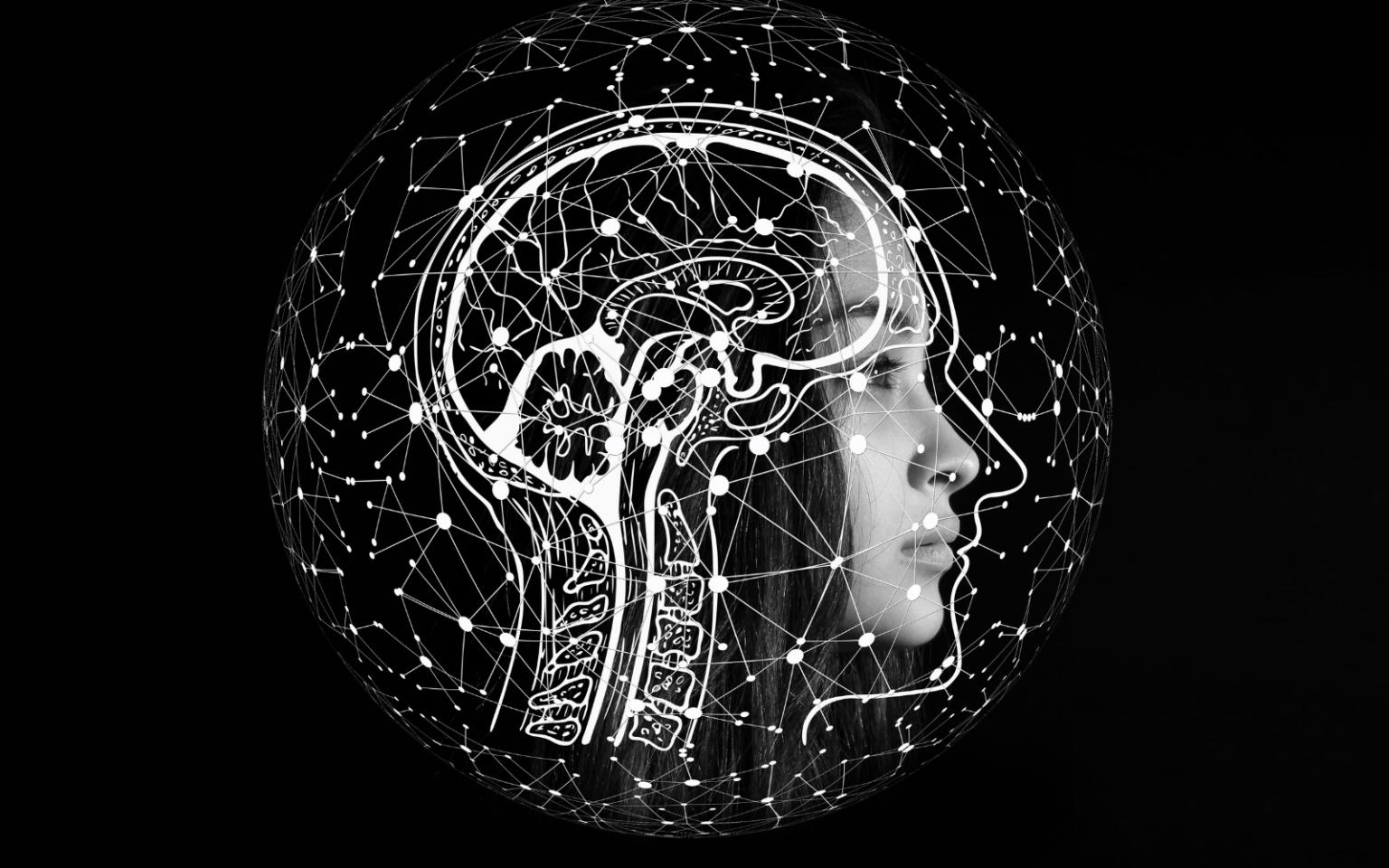Many parents feel guilty when their children play video games for hours on end. Some even worry it could make their children less clever. And, indeed, that’s a topic scientists have clashed over for years. In our new study, we investigated how video games affect the minds of children, interviewing and testing more than 5,000 children aged ten to 12. And the results, published in Scientific Reports, will be surprising to some. Children were asked how many hours a day they spent on social media, watching videos or TV, and playing video games. The answer was: a lot of hours. On…
Author: The Conversation
Machine-learning systems are increasingly worming their way through our everyday lives, challenging our moral and social values and the rules that govern them. These days, virtual assistants threaten the privacy of the home; news recommenders shape the way we understand the world; risk-prediction systems tip social workers on which children to protect from abuse; while data-driven hiring tools also rank your chances of landing a job. However, the ethics of machine learning remains blurry for many. Searching for articles on the subject for the young engineers attending the Ethics and Information and Communications Technology course at UCLouvain, Belgium, I was particularly struck by the case of Joshua Barbeau, a 33-year-old man…
Satellites help run the internet and television and are central to the Global Positioning System. They enable modern weather forecasting, help scientists track environmental degradation and play a huge role in modern military technology. Nations that don’t have their own satellites providing these services rely on other countries. For those that want to develop their own satellite infrastructure, options are running out as space fills up. I am a research fellow at Arizona State University, studying the wider benefits of space and ways to make it more accessible to developing countries. Inequity is already playing out in access to satellites. In the not-so-distant future, the…
The human brain is said to be the most complex biological structure ever to have existed. And while science doesn’t fully understand the brain yet, researchers in the expanding field of neuroscience have been making progress. Neuroscientists have made substantial inroads towards mapping the complex functions of the brain’s 85 billion or so neurons and the 100 trillion connections between them. (To put this astronomical number into perspective, there are upwards of 400 billion stars in the Milky Way galaxy.) Enter Neuralink, a Silicon Valley start-up backed by Elon Musk that has developed a neuroprosthetic device known as a brain-computer interface. Among other things, Musk claims this chip could…
Adolescents in sub-Saharan Africa have the highest rate of unplanned pregnancies. Almost half (46%) of these unintended pregnancies among adolescents end in abortion. Lack of access to family planning services contributes significantly to high rates of unplanned pregnancy and subsequent maternal death among this group. This is due to restrictive health policies, social norms, and health system barriers such as lack of privacy, and confidentiality. Mobile health interventions can help. Mobile health involves using mobile phones or devices to improve health behaviours and services. Mobile health interventions have become popular in addressing several health issues. These interventions offer convenience, confidentiality, and privacy. This makes…
In early March, a manipulated video of Ukrainian President Volodymyr Zelenskyy was ciruclated. In it, a digitally generated Zelenskyy told the Ukrainian national army to surrender. The video was circulated online but was quickly debunked as a deepfake — a hyper-realistic yet fake and manipulated video produced using artificial intelligence. While Russian disinformation seems to be having a limited impact, this alarming example illustrated the potential consequences of deepfakes. However, deepfakes are being used successfully in assistive technology. For instance, people who suffer from Parkinson’s disease can use voice cloning to communicate. Deepfakes are used in education: Ireland-based speech synthesis company CereProc…
Who has not contemplated how a memory is formed, a sentence generated, a sunset appreciated, a creative act performed or a heinous crime committed? The human brain is a three-pound organ that remains largely an enigma. But most people have heard of the brain’s gray matter, which is needed for cognitive functions such as learning, remembering and reasoning. More specifically, gray matter refers to regions throughout the brain where nerve cells – known as neurons – are concentrated. The region considered most important for cognition is the cerebral cortex, a thin layer of gray matter on the brain’s surface. But the other half of…
You meet an attractive stranger on a dating site. They live in your city and you hit it off right away. Soon, you’re texting with them frequently and making plans to meet in person. You’ve been lonely and isolated amid lockdowns, and this person relieves the anguish, so you seem to be spending all your time chatting with them. What’s even better is that they’re doing great, financially. They got into the crypto investment boom at the right time and have seen their savings balloon. You really like them, so when they encourage you to take the dip together and…
As the latest report from the UN’s Intergovernmental Panel on Climate Change (IPCC) makes clear, the 2020s must be a decade of transformation if we are to stand any chance of achieving the goals of the Paris Agreement. Carbon capture and storage (CCS) is widely anticipated to play a key role in this transformation by helping to cut carbon emissions worldwide. But relying on CCS may overshadow solutions that focus on reducing our energy demand and making behavioural changes that put sustainability first. Over the coming years, global greenhouse gas emissions need to fall rapidly in accordance with the Carbon Law, a relatively simple equation developed by scientists to achieve…
When you hear the word “nanomedicine,” it might call to mind scenarios like those in the 1966 movie “Fantastic Voyage.” The film portrays a medical team shrunken down to ride a microscopic robotic ship through a man’s body to clear a blood clot in his brain. Nanomedicine has not reached that level of sophistication yet. Although scientists can generate nanomaterials smaller than several nanometers – the “nano” indicating one-billionth of a meter – today’s nanotechnology has not been able to generate functional electronic robotics tiny enough to inject safely into the bloodstream. But since the concept of nanotechnology was first introduced…

